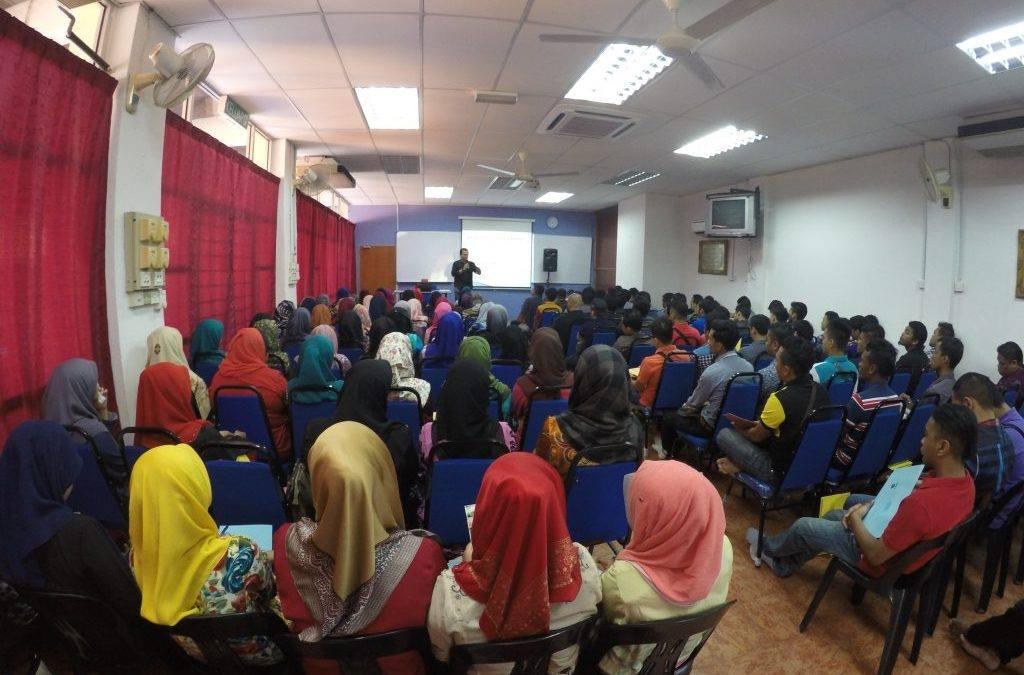Marital lessons or just sex talk? Critics question two-day course for Muslim couples
They question, among others, its faithfulness to its original aim and its compulsory nature.
Just In
The compulsory marriage course for Muslim couples planning to tie the knot has been described as little more than a session for “sex talk”, according to random observations of several sessions over a period of several months.
Speakers would frequently crack sex jokes, leaving some shocked and others in stitches.
The trend worries activists and academics who say the marriage course, a pre-requisite for Muslims who intend to get married, has deviated from its original objective of educating the Muslim public on their rights and responsibilities in marriage.
Sociologist Syarifah Fatimah Al Zahrah Al Attas warned that the marriage course had failed to live up to its original aim.
She said the problem usually lies at the execution stage as speakers ignore the the module and syllabus.
“So we hear of participants complaining about inappropriate talk in these courses,” she told MalaysiaNow.
The pre-marriage course, first introduced in the 1990s to address a worrying trend of Muslim marriages ending in divorce, consists of two days filled with lectures.
Many who attend the pre-marriage course do so merely to get the certificate, fulfilling the condition set by religious authorities before their big day.
Participants sit through talks given by speakers licensed by the relevant state religious authority based on what is known as the Integrated Module for Islamic Pre-Marriage Course.
The module covers Islamic fundamentals, morals, family health, conflict management, spousal communication, as well as information on counselling and divorce procedures.
Many who attend the pre-marriage course do so merely to get the certificate, fulfilling the condition set by religious authorities before their big day.
But Syarifah thinks the duration of the course is too short if the aim is to prepare couples for married life.
Muslim women’s rights activist Majidah Hashim went a step further, saying the pre-marriage course has failed to solve the very problems for which it was introduced.
She pointed to a spike in domestic abuse, polygamy and divorce even after the pre-marriage course became compulsory.
Last year, close to 57,000 marriages in Malaysia – the bulk of which were by Muslims – ended in divorce, an increase from the previous year.
Majidah, formerly with Sisters in Islam, agreed that the course has deviated from its objectives.
“It has lost track of realities,” she said, adding that many couples are not aware of what they are going into when they decide to tie the knot.
She said there is a tendency to stereotype the female role in marriage, with speakers depicting them as the weaker sex who should stay at home and manage the household, instead of accepting the current reality in which both husband and wife might have to venture out of the home.
But for Fairuz Al Jengkawi, a consultant who specialises in family issues and sex education, the greatest problem of the pre-marriage course lies in its mandatory nature.
He said as a result, people attend the pre-marriage course merely to fulfil a procedure.
“If you don’t attend the course, you can’t get married,” he said.
Subscribe to our newsletter
To be updated with all the latest news and analyses daily.
